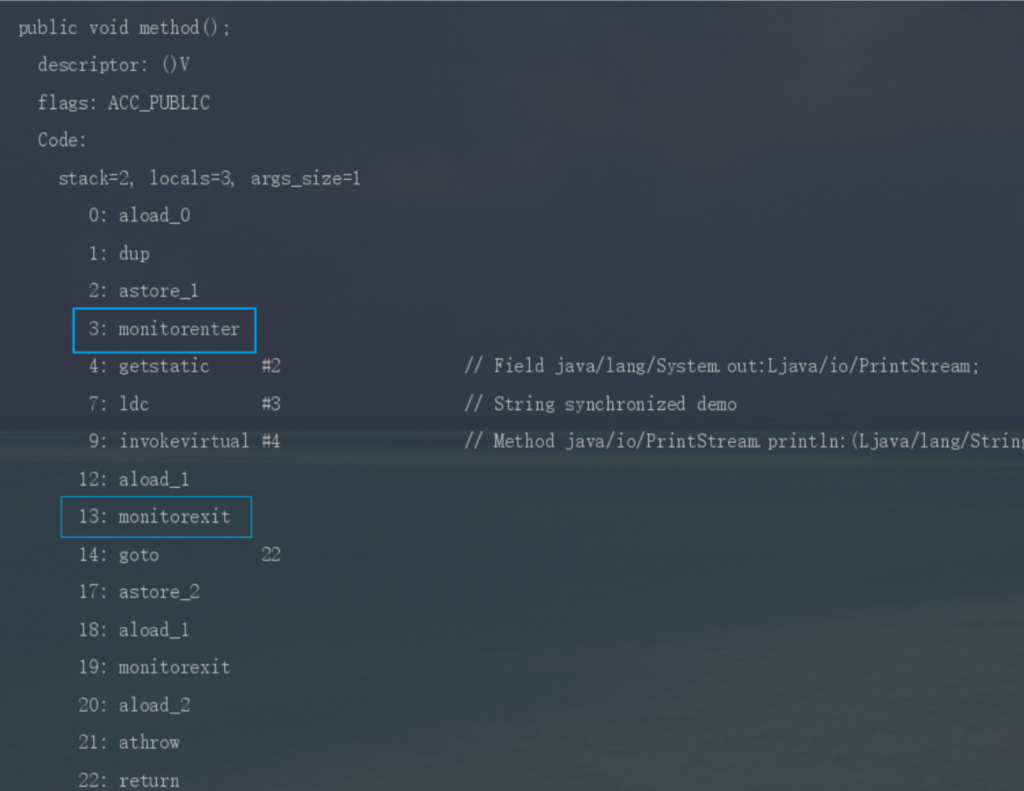引入cjson模块
local json = require(“cjson”)
json.encode 将表格(table 包含哈希键值对 和 数组键值对)数据编码为 JSON 字符串
格式:
jsonString = json.encode(表格对象)
table转json字符串
-
table包含哈希键值对时,数组键值将被转换为字符串键值
local json = require("cjson") local t = {1,3,name="张三",age="19",address={"地址1","地址2"},sex="女"} ngx.say(json.encode(t)); ngx.say("<br/>"); ----{"1":1,"2":3,"sex":"女","age":"19","address":["地址1","地址2"],"name":"张三"}local json = require("cjson") local str = json.encode({a=1,[5]=3}) ngx.say(str); ----- {"a":1,"5":3} ngx.say("<br/>"); -
table所有键为数组型键值对时,会当作数组看待,空位将转化为null
local json = require("cjson") local str = json.encode({[3]=1,[5]=2,[6]="3",[7]=4}) ngx.say(str); ---- [null,null,1,null,2,"3",4] ngx.say("<br/>"); local str = json.encode({[3]=2,[5]=3}) ngx.say(str); ---- [null,null,2,null,3] ngx.say("<br/>");
json字符串转table
json.decode 将JSON 字符串解码为表格对象
格式:
table = json.decode(string)
local json = require("cjson")
local str = [[ {"a":"v","b":2,"c":{"c1":1,"c2":2},"d":[10,11],"1":100} ]]
local t = json.decode(str)
ngx.say(" --> ", type(t))
local json = require("cjson")
local str = [[ {"a":1,"b":null} ]]
local t = json.decode(str)
ngx.say(t.a, "<br/>")
ngx.say(t.b == nil, "<br/>")
ngx.say(t.b == json.null, "<br/>")
----> 1
----> false
----> true
注意:null将会转换为json.null,实际就是null
异常处理
-
异常复现
local json = require("cjson") local str = [[ {"key:"value"} ]]---少了一个双引号 local t = json.decode(str) ngx.say(" --> ", type(t))执行请求,看看效果,执行报了–500 Internal Server Error
我们查一下nginx的error日志:是因为decode方法报错了导致。实际情况我们希望的结果不是报错,而是返回一个友好的结果,如返回个nil
-
使用pcall命令
如果需要在 Lua 中处理错误,必须使用函数 pcall(protected call)来包装需要执行的代码。
pcall 接收一个函数和要传递给后者的参数,并执行,执行结果:有错误、无错误;
返回值 true 或者或 false, errorinfo。
pcall 以一种”保护模式”来调用第一个参数(函数),因此 pcall 可以捕获函数执行中的任何错误。第一个方案:重新包装一个 json decode编码
local json = require("cjson") local function _json_decode(str) return json.decode(str) end function json_decode( str ) local ok, t = pcall(_json_decode, str) if not ok then return nil end return t end local str = [[ {"key:"value"} ]]---少了一个双引号 local t = json_decode(str) ngx.say(t)执行效果,没有系统错误,返回了nil
-
cjson.safe 模块
引入cjson.safe 模块接口,该接口兼容 cjson 模块,并且在解析错误时不抛出异常,而是返回 nil。
local json = require("cjson.safe") local str = [[ {"key:"value"} ]] local t = json.decode(str) if t then ngx.say(" --> ", type(t)) else ngx.say("t is nil") -- 执行 end
空table返回object还是array
测试一下,编码空table {}
ocal json = require("cjson")
ngx.say("value --> ", json.encode({}))
输出 value –> {}
{}是个object;对于java的开发人员来说就不对了,空数组table,应该是[]
这个是因为对于 Lua 本身,是把数组和哈希键值对融合到一起了,所以他是无法区分空数组和空字典的。
要达到目标把 encode_empty_table_as_object 设置为 false
local json = require("cjson")
json.encode_empty_table_as_object(false)
ngx.say("value --> ", json.encode({}))
输出 value –> []
来源链接:https://www.cnblogs.com/2678066103hs/p/18823024










没有回复内容